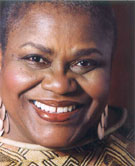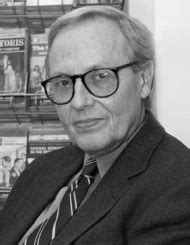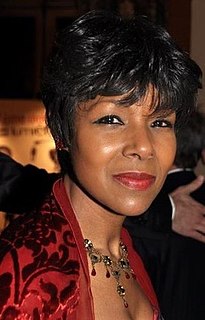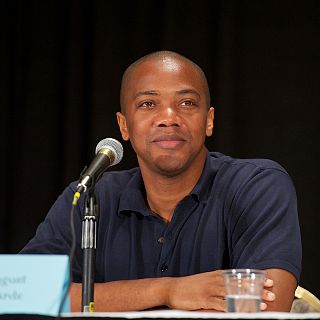Цитата Бернис Джонсон Рейгон
Одна из самых важных вещей, которые я понял в такой программе, заключалась в том, что она позволила большему количеству молодых афроамериканских ученых проводить полевые исследования в Карибском бассейне и Африке, чем когда-либо в истории страны и с тех пор.
Связанные цитаты
Это случается со многими парами. Я понимаю черную историю в этой стране и сожалею об этом, я бы хотел, чтобы этого не было. Видите ли, я также знаю, что этого не случилось с ныне живущими афроамериканцами. Сегодня нет ни одного афроамериканца, с которым обращались бы как с тремя пятыми человека, как это было в прошлом.
Это знаковая работа в истории афроамериканских исследований и американской интеллектуальной истории. Писая с воодушевлением, Джексон оживляет множество персонажей и прослеживает непрекращающийся диалог между писателями и критиками того периода. Эта книга, вероятно, станет образцом для нового поколения ученых как по широте охвата, так и по глубине архивных исследований.
Одной из причин роста движения чернокожих мусульман был его упор на африканские вещи. В этом был секрет роста движения черных мусульман. Африканская кровь, африканское происхождение, африканская культура, африканские связи. И вы будете удивлены - мы обнаружили, что глубоко в подсознании чернокожего мужчины в этой стране он все же больше африканец, чем американец.
У меня никогда не было системы или программы, я всегда думал, что не знаю, как действовать. Я приспособлюсь к любому режиссеру, потому что на самом деле у меня нет определенного образа действий. Если режиссер нанимает меня и говорит: «Я хочу, чтобы вы начали прямо сейчас и провели это исследование, это исследование, это исследование, и я хочу, чтобы вы запомнили каждую строчку до того, как появитесь в первый день», то это то, что нужно. Я сделаю.
Отношение афроамериканцев к Африке долгое время было двойственным, по крайней мере, с начала девятнадцатого века, когда 3000 чернокожих мужчин собрались в Африканской методистской епископальной церкви епископа Ричарда Аллена в Филадельфии, чтобы шумно протестовать против плана реколонизации свободных чернокожих в Африке.
Сегодня больше людей получают продовольственные талоны из-за политики Обамы, чем когда-либо в истории. Я хотел бы быть самым высокооплачиваемым президентом в истории Америки. ... И поэтому я подготовился, если NAACP пригласит меня, я пойду на их конвенцию и поговорю о том, почему афроамериканское сообщество должно требовать зарплаты, а не довольствоваться продовольственными талонами.
Американские государственные деятели могут любить одних европейцев больше, чем других, и даже обнаруживать странное сходство с их собственным мировоззрением; но они не больше связывали себя с определенной группой или страной, чем миссионер девятнадцатого века связывал себя с африканским племенем, в котором ему довелось очутиться.
Ничего нового со времен Бытия. И поэтому все в своей жизни думают, что история началась, когда они родились. Историческая перспектива большинства людей сложилась, когда они родились, в том смысле, что ничего еще не было так плохо. «Мы никогда раньше не ездили до этого», и, конечно же, мы это сделали. Во многих отношениях в стране дела обстояли хуже.
За это время произошло то, что миллиарды записей были оцифрованы. Историки и ученые всегда использовали генеалогические записи, чтобы рассказать историю американской истории. Требуются месяцы и годы исследований. Я даже не могу сказать вам, насколько это трудоемко. Вы должны быть кем-то, у кого много свободного времени, например, профессором, который может работать в должности, или кем-то, у кого много свободного времени.
Ряд африканских стран пришли к нам и сказали: мы просим Южную Африку не выдвигать кандидата, потому что этого хотели многие другие африканские страны, и в любом случае ЮАР будет продолжать играть роль в построении Африканский союз и так далее. И они на самом деле сказали, пожалуйста, не выдвигайте кандидата, и мы этого не сделали. Как я уже сказал, это не потому, что у нас не было людей, компетентных для работы на этих должностях.


































